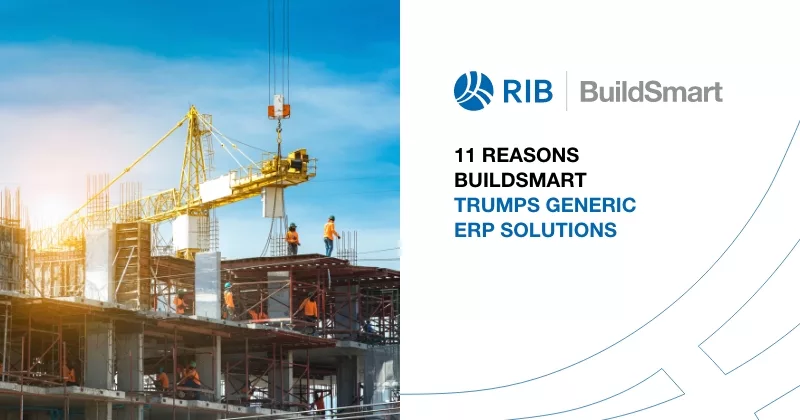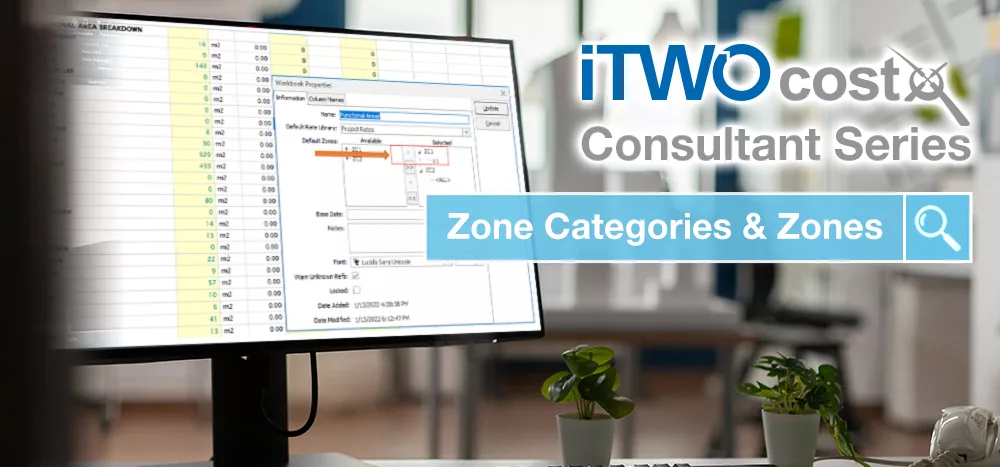24 mins read
How RIB Can Help You To Prepare For VAT Changes

Any business operating in the UAE today will have to determine what VAT they will need to pay to the Federal Tax Authority (FTA) at the designated times dictated under their tax registration. How much VAT needs to be paid is somewhat more complicated than simply taking 5% of the funds received and depends on 5 key factors:
1. business supply,
2. taxable supply,
3. place of supply,
4. time of supply and
5. value (consideration) of supply.
As VAT is applied to goods and services (not just to products or items that are purchased), the application of tax is deemed to be levied on business supply (this term refers to the provision of both products and services). In fact, business supply can relate to any service or activity that is related to conducting business and, as such, will be liable to attract VAT.
Elements of business supply that are in scope for the application of VAT are known as Taxable Supplies and these are further divided into 2 categories, the first taxable at 5% and the second taxable at 0% (this is not the same as exempt supplies as these, fall outside of taxable supplies).
When we consider place of supply, we are really looking at whether the business or service is provided within the UAE or provided outside the UAE. The rules relating to VAT differ in relation to goods and services as a service provided outside the UAE is not necessarily going to be taxable (at least not in the UAE) whereas the provision of goods will fall under the definition of import or export.
One of the peculiarities of the construction world when compared to traditional business models relates to the time span of construction which is likely to cross multiple tax reporting periods. The time of supply becomes critical in determining when a VAT liability becomes due and, once again can differ between goods and services.
Eg: a service can be delivered over a considerable period of time; hence you are likely to have contract terms relating to the payment for that service that is periodic. Your VAT liability in this scenario could become due on the contact value in advance, long before you have actually collected the payments. Consider as well that if payments are not received (in default), the liability for the VAT is related to the service provided and has been incurred regardless of any payment outstanding (this can get very confusing).
When we consider the cost or consideration of supplies, we need to determine whether that is received in part or in full by physical money. A barter type agreement whereby a reciprocal service is exchanged can still incur a VAT liability and the specific rules and categorization needs to be fully understood to avoid infractions and penalties from the FTA.
Looking at these 5 elements, figuring out if a liability exists for each and every part of your organisations activity and indeed, when that liability might become due is not going to be a simple task. The level of complexity involved, particularly for the construction industry all but precludes manual collation via outdated methods such as spreadsheets. This is where CCS can help you and your business in dealing with the new world of GCC VAT. CCS have decades of practical experience handling not only VAT but all types of taxation. Having developed in markets where VAT, income tax and corporation tax (to name but a few) are established and fully understood, CCS software is fully integrated and designed to look after all these complicated and confusing elements as a matter of day-to-day course.
Candy and BuildSmart provide a fully integrated platform spanning the initial estimation and bid process right through every aspect of your construction projects up to and including handover. Having a fully integrated platform allows these programs to carry all the heavy lifting for you in terms of tax liabilities and offsets in real time so you, your teams and your accountants are not bogged down in the detail. This is vastly more accurate and significantly mitigates the risk of error (and associated fines and penalties) as well as enabling accurate forecasting and planning of VAT liability (and its integration into your estimations, planning and ongoing monitoring of on track time and budget).
Dealing with GCC VAT doesn’t have to be a financial risk. Let CCS show you how Candy and BuildSmart can deliver true ROI for you.
Most Recent
24 mins read
14 mins read
15 mins read
25 mins read

E-BOOK











